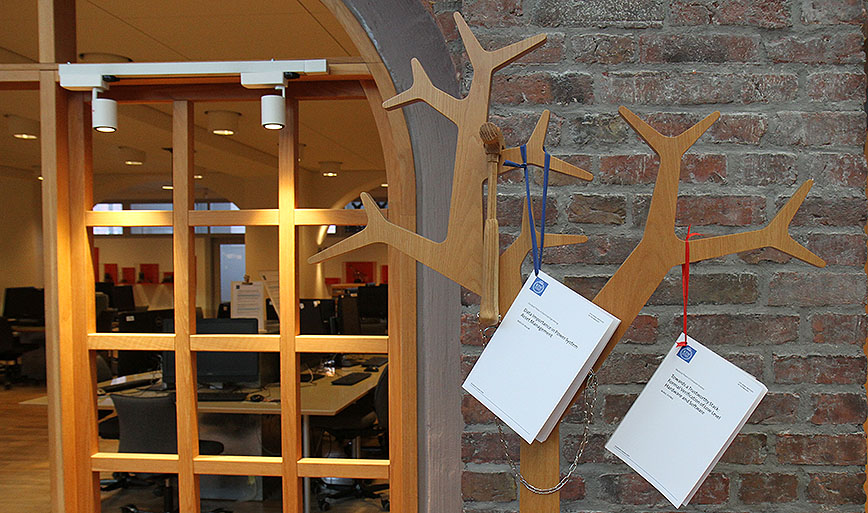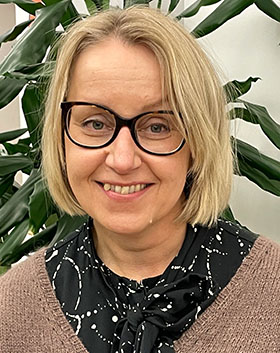Research education issues receive mutual KTH support

The administrative support for KTH's 1500 active doctoral students will be standardised. The structure is called FuSam (Research Education Coordination).
“We get an overall perspective on the support for doctoral education and build a solid administrative management,” says Malin Sigvardson, Head of Unit at EDO.
Until recently, KTH lacked common administrative routines and processes at doctoral level. Postgraduate education was managed entirely at the schools and has therefore looked different. At times, this led to a lack of clarity for doctoral students, supervisors, doctoral programme managers and administrative staff.
“The doctoral student survey from last spring revealed views that it is difficult to apply to courses, to know which courses are offered, or when they take place. This creates stress among doctoral students.”
Priority area
In order to increase the quality, efficiency and legal certainty of the support, decisions are now being made that enable coordination of the administrative management. Education Support (EDO) and the schools were in the fusion process tasked with developing KTH's support for administration linked to doctoral education. The area was one of four prioritised within education.

Malin Sigvardson has investigated the new function together with Per Dalhammar, education administration function manager at CBH. Along the way, they have listened to the views of those responsible for doctoral education and worked closely with the schools' doctoral education administrators.
“FuSam is a virtual organisation with everything from administrators at the departments, administrators at the education offices, to lawyers at the management office, and HR in the same chain. Our impression is that those responsible for doctoral education are positive to this.”
Big boost
She notes that common procedures mean that all administrators can do the same thing. With the structure in place, the development work that has been carried out in stages gets a big boost. The aim is to simplify and facilitate things that have so far been perceived as unclear, time-consuming or difficult.
“It creates added value. The work becomes easier, you can do the right thing from the start and throughout KTH we spend as little time as possible solving the same issues over and over again.“
“At the other end, FuSam is intended to support supervisors and Directors of Third Cycle Education. They are often the ones who end up with the more difficult administrative issues, especially when something doesn't work.”
'Doctoral office'
The project went by the working name 'Doctoral office'. There is a simple explanation to why the final product is not called that:
“It would indicate that it is aimed directly at doctoral students, and since FuSam coordinates administrative issues related to doctoral education, this would be misleading. Doctoral students should primarily have contact with their supervisors.”
The structure includes an expert group that works with guidance and guidelines. The group will gather practices to facilitate administration in doctoral programmes. FuSam was formally established on 12 January, but its activities started during the autumn semester. It is led by EDO and MO, Management Office.
* For questions about doctoral education, please contact FuSam
Text: Lars Öhman ( larsohm@kth.se )
